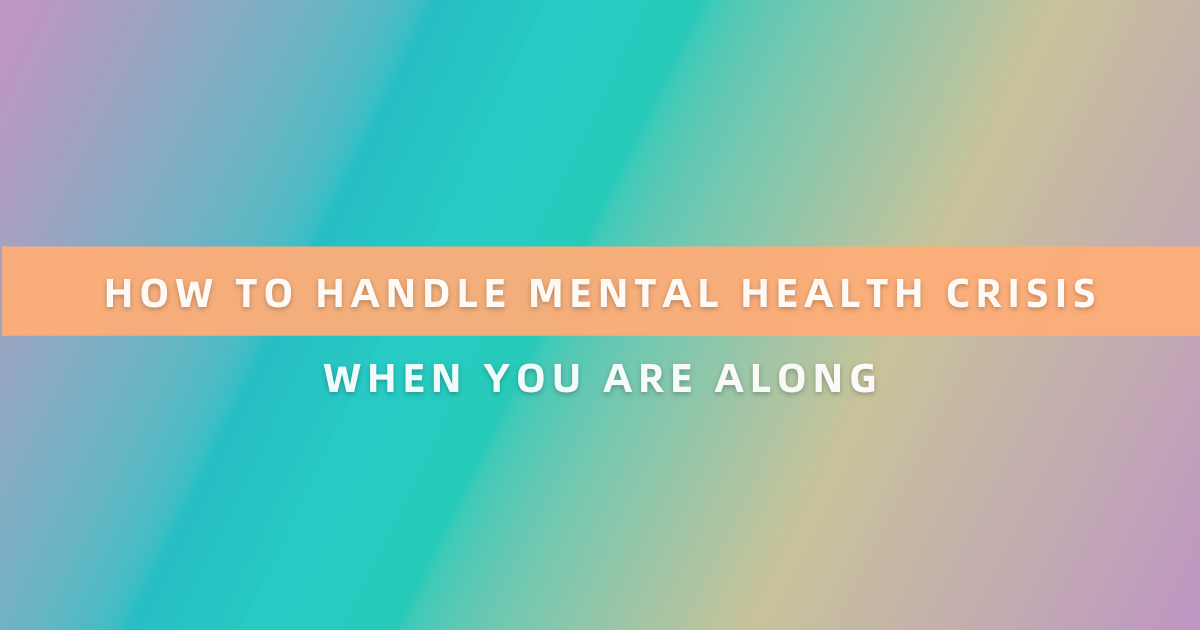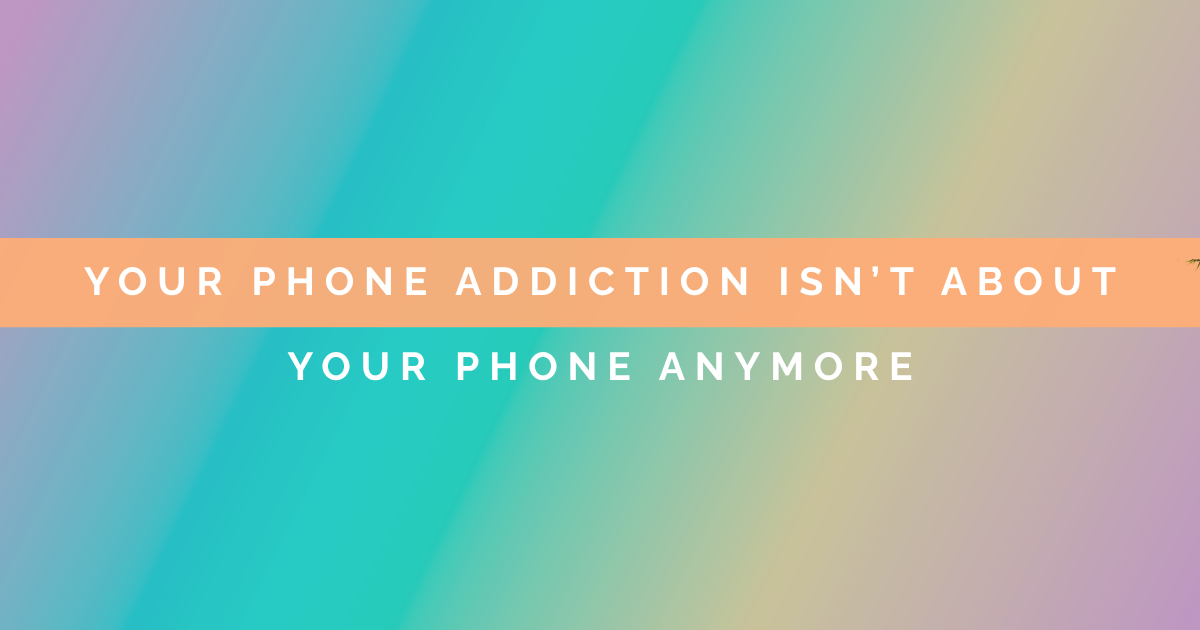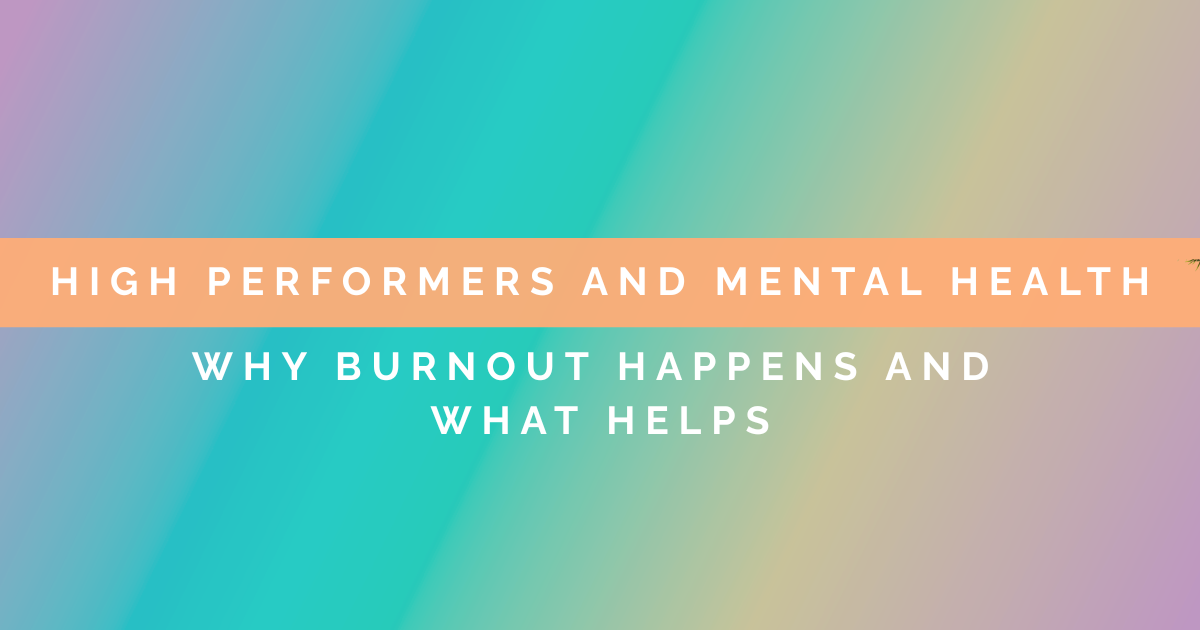Mental health crises have a cruel tendency to strike when you’re most vulnerable and alone. These emergencies often occur when traditional support systems aren’t immediately available.
The isolation that accompanies mental health crises can make them feel more intense and frightening than they would if others were present. When you’re alone with overwhelming thoughts and feelings, it’s easy to feel trapped, hopeless, and unsure of how to get through the immediate crisis, let alone prevent future episodes.
Many people experience their most severe mental health symptoms during times when they’re physically isolated from others. This might happen late at night when everyone else is sleeping, during weekends when you’re not around colleagues, or during life transitions when your usual support networks aren’t readily accessible.
The challenge of handling mental health crises alone is compounded by the fact that crisis moments often impair your ability to think clearly and remember coping strategies. When you’re in the middle of a panic attack or severe depressive episode, it can be difficult to access the rational thinking and problem-solving abilities you would normally use to address problems.
However, some specific strategies and techniques can help you navigate mental health crises when you’re alone. These approaches focus on immediate safety, crisis de-escalation, and connection with appropriate resources when professional help is needed.
Learning to handle mental health crises independently isn’t about becoming completely self-reliant or avoiding professional help. Instead, it’s about developing skills that can bridge the gap between the onset of a crisis and accessing appropriate support, whether that’s calling a friend, reaching a crisis hotline, or getting emergency medical attention.
How to Recognize When You’re in a Mental Health Crisis
Understanding the difference between normal mental health struggles and true crises is crucial for responding appropriately and getting the right level of help when you need it.
Intensity escalation represents one of the primary markers of a mental health crisis. While normal anxiety might feel uncomfortable, crisis-level anxiety often feels overwhelming and uncontrollable. Similarly, regular sadness differs from depression, which feels completely hopeless and unbearable.
Functional impairment occurs when mental health symptoms prevent you from completing basic daily activities like eating, sleeping, working, or maintaining personal hygiene. Crises often involve significant disruption to your ability to function normally.
Safety concerns emerge when you experience thoughts about harming yourself or others, engage in dangerous behaviors, or feel like you cannot keep yourself safe. Any thoughts of suicide, self-harm, or violence toward others indicate a crisis requiring immediate attention.
Reality distortion can occur during severe mental health episodes when you experience hallucinations, delusions, extreme paranoia, or complete disconnection from reality. These symptoms always require professional intervention.
Emotional overwhelm reaches crisis levels when feelings become so intense that they feel unmanageable despite your usual coping strategies. This might include uncontrollable crying, rage, panic, or emotional numbness that feels permanent.
Physical symptoms often accompany mental health crises, including chest pain, difficulty breathing, dizziness, severe fatigue, or physical agitation that makes it impossible to sit still or rest.
Time duration matters when assessing crises. While brief periods of intense emotion are normal, crises typically involve sustained periods of severe symptoms that don’t respond to your usual coping methods.
Isolation amplification occurs when being alone makes symptoms feel worse rather than providing relief. If solitude increases rather than decreases your distress, this may indicate a crisis.
Building Your Personal Mental Health Crisis Plan
Creating a crisis plan before you need it can make an enormous difference in how effectively you handle mental health emergencies when they occur. This plan should be easily accessible and clearly written.
Warning signs identification involves listing the early signs that indicate you might be heading toward a crisis. These might include sleep changes, increased isolation, substance use, neglecting self-care, or particular thought patterns that typically precede crisis episodes.
The coping strategies list should include specific techniques that have helped you in the past, along with step-by-step instructions for implementing them. Include both immediate crisis interventions and longer-term strategies for stabilization.
Support network contact information should be readily available, including phone numbers for trusted friends, family members, mental health professionals, and crisis resources. Include multiple people so you have options if some aren’t immediately available.
The professional resources section should list your therapist, psychiatrist, primary care doctor, and local emergency services. Include office hours, after-hours contact information, and preferred hospitals or crisis centers.
Medication information, including current prescriptions, dosages, pharmacy information, and any medications to avoid during crises. This information is crucial for emergency responders and medical professionals.
Safety environment setup involves identifying the safest place in your home during a crisis and noting any items that should be removed or secured. Include instructions for creating a calming environment.
Recovery resources should list activities, places, or resources that help you recover after crisis episodes. This might include comfort foods, favorite movies, supportive online communities, or specific self-care activities.
Regular review and updates ensure your crisis plan stays current and relevant. Review and update your plan every few months or after any crisis episodes to incorporate lessons learned and changing circumstances.
How to Create Emergency Support Networks Before You Need Them
Building support networks before crises arise requires intentional effort but provides crucial resources when mental health emergencies occur.
Identify potential supporters in your existing social network who could provide different types of help during crises. Some people are better at providing emotional support, others at practical assistance, and others at emergency intervention.
Have explicit conversations with potential supporters about your mental health needs and what kind of help you might need during crises. Many people want to help but don’t know how, and clear communication can prevent misunderstandings.
Reciprocal support arrangements work better than one-way relationships. Offer to provide similar support to others who struggle with mental health, creating mutual aid relationships that benefit everyone involved.
Professional backup systems should include relationships with multiple mental health professionals when possible, so you have options if your primary therapist is unavailable during a crisis.
Technology-based connections can provide support when in-person help isn’t available. This might include crisis text lines, mental health apps with live support features, or online support communities that operate 24/7.
Workplace resources may include employee assistance programs, mental health benefits, or trusted colleagues who can provide support or coverage during mental health crises.
Community resources such as religious organizations, support groups, or community mental health centers can provide additional layers of support during crises.
Emergency contact systems should include multiple ways for people to reach you and for you to reach others, including backup communication methods in case your primary phone or internet service is unavailable.
Long-Term Strategies for Crisis Prevention
While crisis intervention skills are essential, developing strategies to prevent mental health crises from occurring can significantly improve your overall quality of life and reduce the frequency of emergencies.
Regular mental health maintenance includes consistent therapy appointments, medication management, and daily practices that support psychological well-being. Preventive care is often more effective than crisis intervention.
Stress management systems help you identify and address stressors before they accumulate into crises. This includes regular stress assessment, boundary setting, and lifestyle modifications that reduce chronic stress.
Sleep hygiene practices are crucial for mental health stability, as sleep problems often precede mental health crises. Establish consistent sleep schedules, create calming bedtime routines, and address sleep disorders professionally.
Social connection cultivation involves actively maintaining relationships and building new ones to prevent the isolation that often contributes to mental health crises. This includes regular social activities, community involvement, and relationship maintenance.
Physical health support contributes significantly to mental health stability. Regular exercise, proper nutrition, medical care, and avoiding substance abuse all help prevent mental health deterioration.
Purpose and meaning development through work, relationships, hobbies, or service can provide resilience against mental health crises by giving you reasons to persevere through difficult periods.
Early intervention strategies help you recognize when you’re beginning to struggle and take action before reaching crisis levels. This might include scheduling extra therapy sessions, adjusting medications, or temporarily increasing support.
Environmental modifications can reduce crisis triggers by creating living and working spaces that support mental health. This includes organizing your environment, reducing stressors, and creating spaces for relaxation and recovery.
Skill building involves continuously developing your emotional regulation, communication, problem-solving, and stress management abilities through practice, education, and professional guidance.
Remember that handling mental health crises alone doesn’t mean you have to suffer alone. The goal is to develop skills that help you stay safe and stable until appropriate help is available, whether that’s professional intervention, support from loved ones, or your own recovery processes.
Ready to develop comprehensive crisis management skills and build the support networks you need for mental health emergencies? Explore Theryo’s AI-enhanced mental health platform that can help you create personalized crisis plans, practice coping techniques, and maintain the daily mental health practices that prevent crises from occurring. Your safety and well-being matter, and having a plan can make all the difference during difficult times.
If you’re experiencing a mental health emergency, don’t hesitate to use these resources. Your life and well-being matter, and help is available 24/7. Check out our crisis resources page: https://theryo.ai/crisis-hotlines-and-resources/
Frequently Asked Questions
1. What constitutes a mental health crisis that requires immediate professional help?
Seek immediate professional help if you have thoughts of suicide or self-harm, feel you cannot keep yourself safe, experience hallucinations or delusions, have severe symptoms that prevent basic functioning, or feel completely overwhelmed despite your usual coping strategies. When in doubt, err on the side of caution and contact crisis services.
2. What should I do if I’m having a panic attack and I’m completely alone?
Find a safe, comfortable space, use breathing techniques to slow your breathing, apply cold to your face or wrists, practice grounding techniques like the 5-4-3-2-1 method, and remind yourself that panic attacks are temporary and will pass. If symptoms persist or you’re unsure it’s a panic attack, seek medical attention.
3. How can I tell the difference between normal sadness and a depression crisis?
Crisis-level depression typically involves thoughts of suicide or self-harm, complete inability to function in daily life, feelings of hopelessness that persist despite support, neglect of basic needs like eating or hygiene, or isolation that worsens over several days. Normal sadness doesn’t usually impair functioning severely or persistently.
4. What emergency numbers should I have readily available for mental health crises?
Keep these numbers easily accessible: National Suicide Prevention Lifeline (988), Crisis Text Line (text HOME to 741741), your local emergency services (911), your mental health providers, trusted friends or family members, and your local crisis center or emergency room contact information.
5. How can I create a crisis plan when I’ve never had a mental health emergency before?
Start by identifying your mental health warning signs, listing coping strategies you’ve used for stress, gathering contact information for support people and professionals, noting any medications or medical conditions, and researching local crisis resources. Update the plan as you learn more about your mental health patterns.
6. What should I do if my usual coping strategies aren’t working during a crisis?
If your regular coping strategies fail during a crisis, focus first on safety by removing harmful items and getting to a safe space. Then try new techniques like cold therapy, different breathing patterns, or movement. Most importantly, reach out for help through crisis hotlines or emergency services rather than struggling alone.
7. How can I support myself after a mental health crisis has passed?
After a crisis, prioritize rest and basic self-care like eating and hydrating. Be gentle with yourself and avoid self-criticism. Schedule follow-up appointments with mental health professionals, review what happened to identify triggers and effective interventions, and update your crisis plan based on what you learned.
8. Is it normal to feel embarrassed about having a mental health crisis?
It’s completely normal to feel embarrassed, but mental health crises are medical emergencies that deserve the same response as physical emergencies. Most people are understanding and supportive when they learn about mental health struggles, and seeking help shows strength and responsibility, not weakness.
9. What if I don’t have anyone I can call during a mental health emergency?
If you lack personal support networks, focus on professional crisis resources like the suicide prevention lifeline (988), crisis text lines, local emergency services, or hospital emergency departments. Many communities also have crisis walk-in centers or mobile crisis teams that can provide immediate support.
10. How can I prepare my living space to be safer during potential mental health crises?
Store medications securely, remove or secure sharp objects and weapons, keep crisis plan and emergency contacts easily accessible, ensure good lighting and comfortable spaces, remove substances that could be harmful, and consider having comfort items readily available for self-soothing.
11. What should I do if I’m worried about someone else who might be having a mental health crisis, but I can’t reach them?
If you’re concerned about someone’s immediate safety and cannot reach them, contact local emergency services for a welfare check. You can also try reaching out to their other friends or family members, their mental health providers (though confidentiality limits what they can share), or encourage them to contact crisis services if you do reach them.
12. How often should I review and update my mental health crisis plan?
Review your crisis plan every 3-6 months or after any mental health crisis episodes. Update contact information when it changes, add new coping strategies you’ve learned, modify warning signs based on your experiences, and ensure all resources are still current and accessible.







